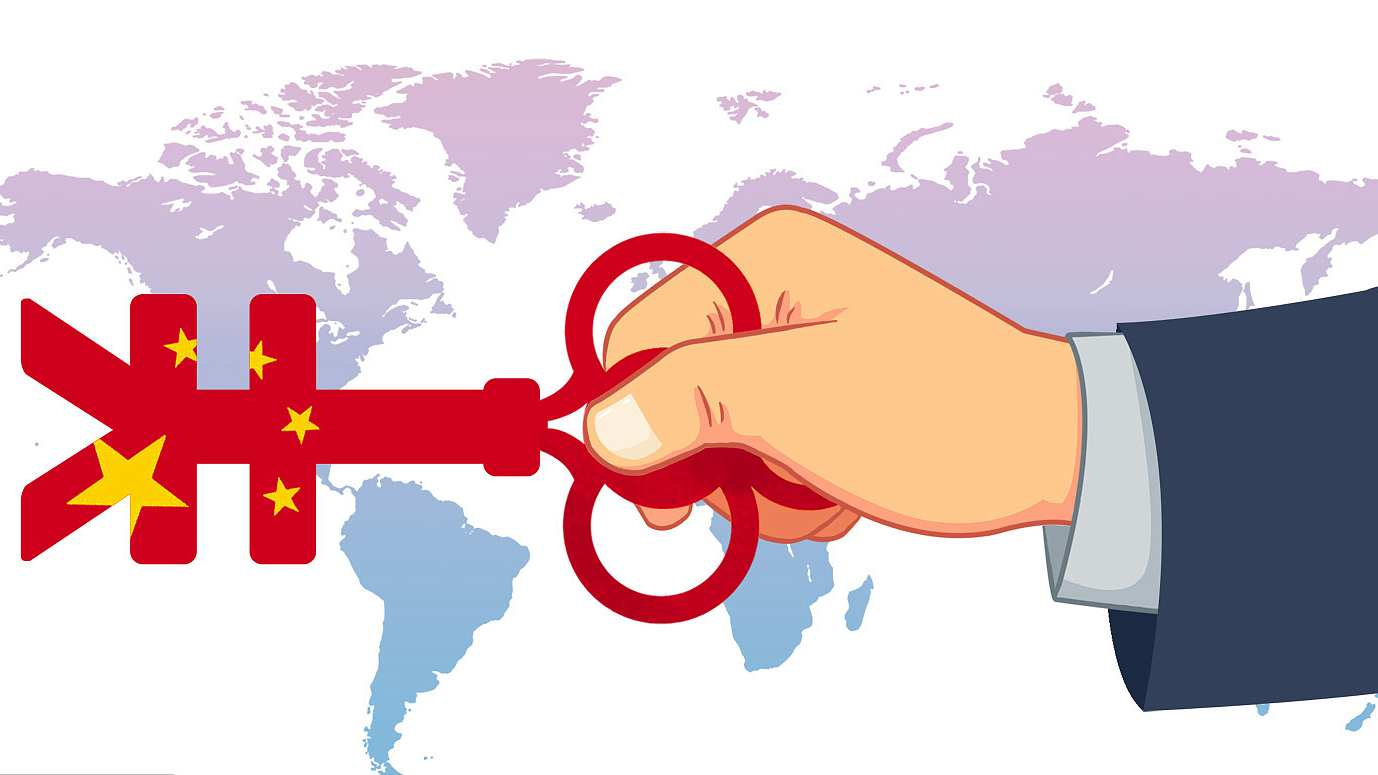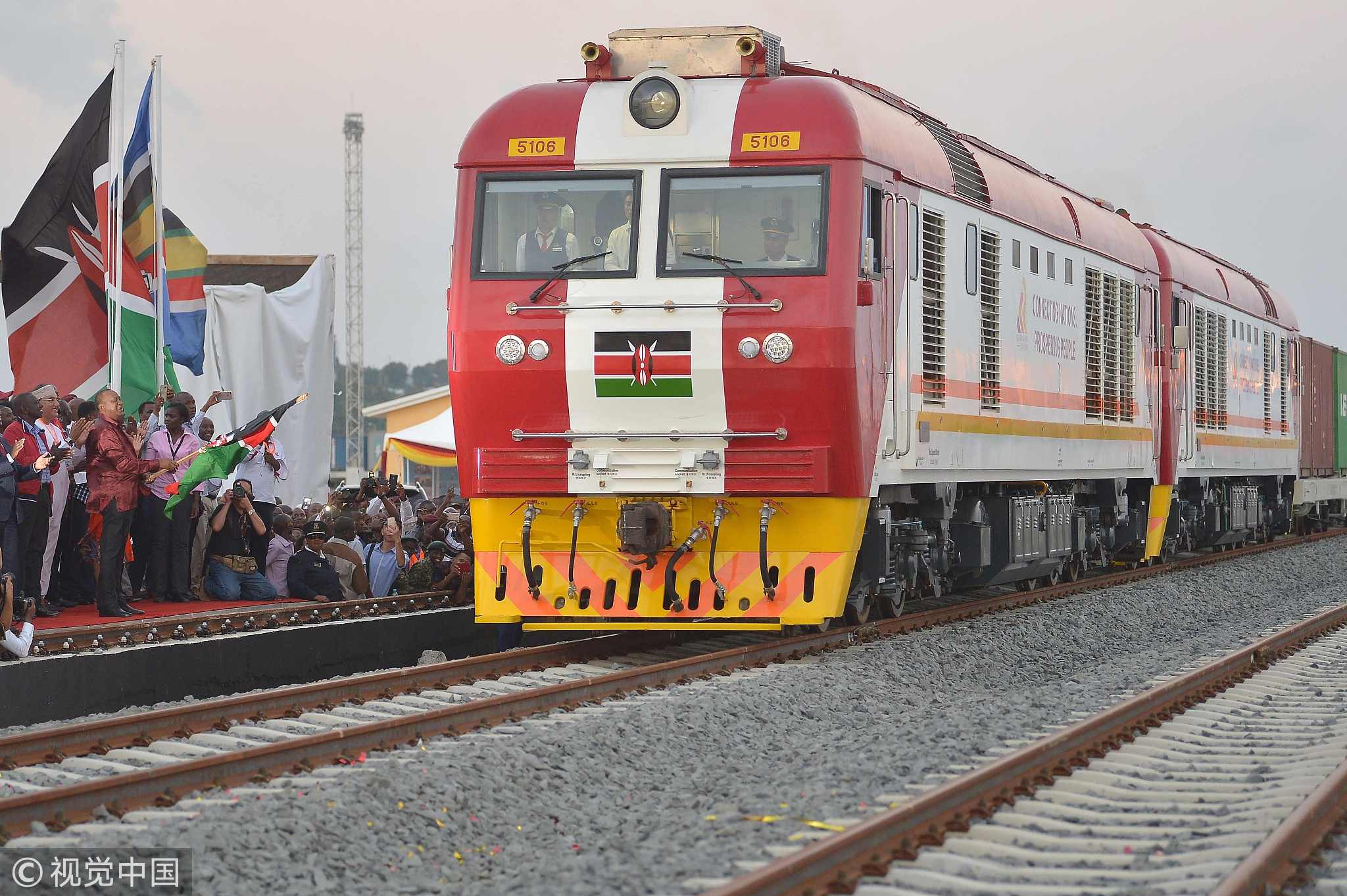
Opinions
15:03, 30-Aug-2018
Opinion: Belt and Road Initiative reshaping Africa
Updated
14:17, 02-Sep-2018
Macharia Munene

Editor's Note: Macharia Munene is an international relations expert at the United States International University. The article reflects the author's opinion, and not necessarily the views of CGTN.
China's presence in Africa will positively affect economic developments, and the Belt and Road Initiative (BRI) is a way with which China wish to reach other countries through infrastructure and to share a common destiny.
Contrary to Western perceptions of China-Africa cooperation, tangible results benefitting Africa can be seen throughout the continent. And Africans are also showing interest in the opportunity to stimulate their economies, connect regions and countries through modern transportation systems and create jobs-all with the help of Chinese investment.
China is therefore involved in infrastructural expansion in countries such as Angola, Nigeria, Gabon, Mauretania, Botswana, Zambia, Malawi, Mozambique, and Cameroon.
China is in Sudan, Rwanda, Uganda, Tanzania, Egypt, Ethiopia, Djibouti, and Kenya. Many East African countries are already directly involved with the BRI.
Ethiopia's high-speed railway strategically links with Djibouti, part of the sea belt connecting East African ports to Egypt and Europe to the north, and to Pakistan across the Indian Ocean.
The China-built standard-gauge railway that starts in Mombasa, Kenya, and the Lamu port project, will eventually connect with Cameroon, creating a trans-African railway that will strengthen the economies and security of the countries in between. It will also create another link between China and Europe via West African ports.

Kenyan President Uhuru Kenyatta flags off a cargo train as it leaves the container terminal at the port of the coastal town of Mombasa on May 30, 2017. /VCG Photo
Kenyan President Uhuru Kenyatta flags off a cargo train as it leaves the container terminal at the port of the coastal town of Mombasa on May 30, 2017. /VCG Photo
While China's presence has created economic advances, the West views this as a potential shakeup in the world order. China's rising economy and global influence pose a threat to the US firm grasp on the geopolitical landscape. Thus, the US and its European allies have resorted to painting China's presence in Africa with a negative brush and complaining about China's actions.
But Africa is not the only place where China is building new infrastructure. The BRI also touches parts of Southeast Asia and Europe.
The West finds itself at a crossroad – join China's push toward globalization or push back against its drive to connect the world. The West seems to be doing the latter as of late.
China has learned from the past when isolationism kept the world at bay for centuries at a time and is actively looking to create a shared future. The development in Africa is just the next step.

SITEMAP
Copyright © 2018 CGTN. Beijing ICP prepared NO.16065310-3
Copyright © 2018 CGTN. Beijing ICP prepared NO.16065310-3